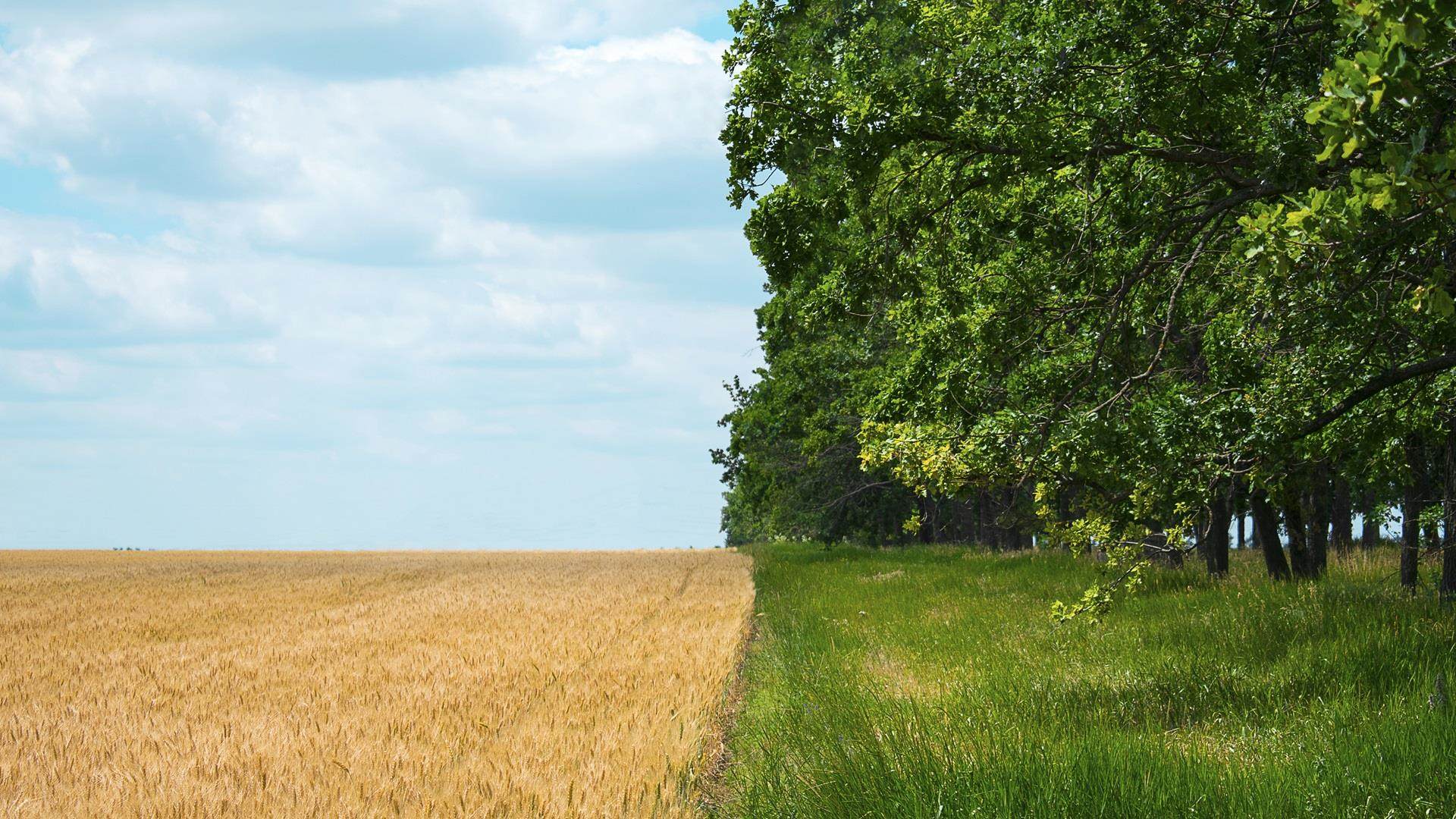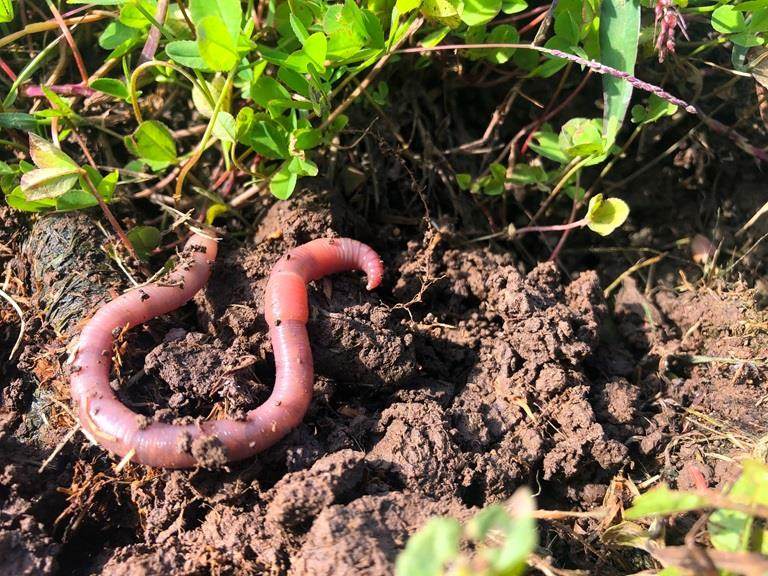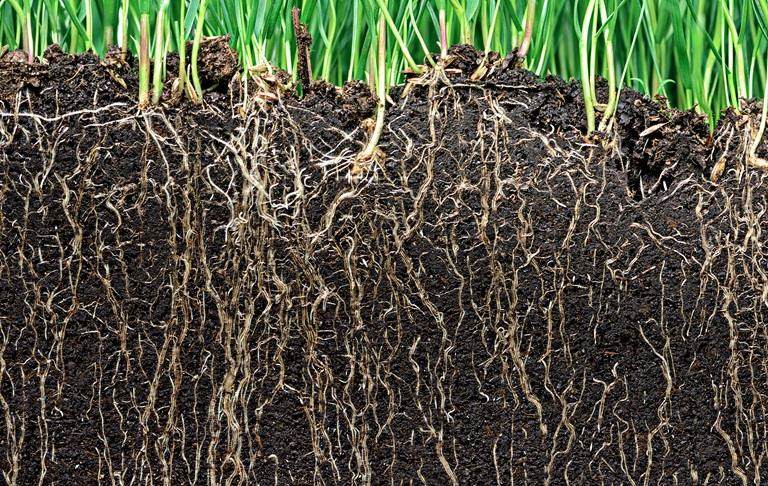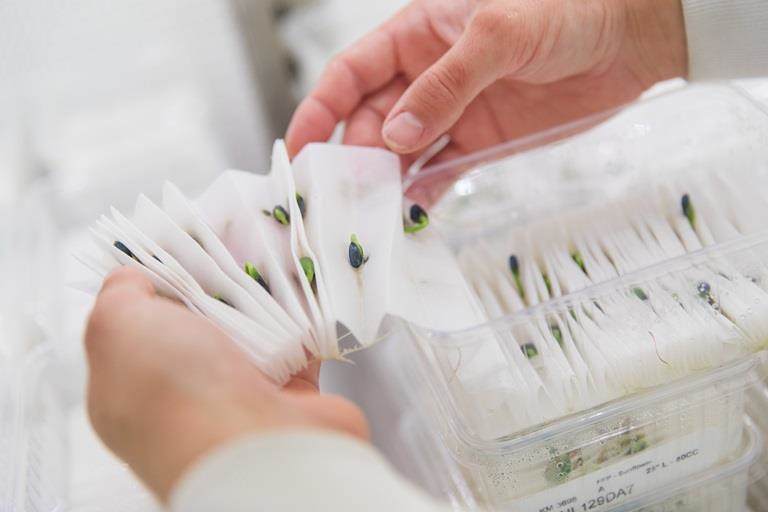Croda and Incotec release white paper on regenerative agriculture
Croda Agriculture and Incotec have released a whitepaper on Regenerative Agriculture. The white paper has the title ‘Regenerative Agriculture: How to improve natural ecosystems and increase yields’. The report has been produced with input from top experts in the field. Contributors are Louise Manning, Lincoln University, Sjoerd van der Ent, Koppert, Daniel Glas, Bayer, Gabriel Moura and Claudia Veiga Jardim, Syngenta, Kevin Ashford, UPL Corp, and James Hunt, Croda Agriculture.

There is no universally agreed definition, but most agree that regenerative agriculture should aim to improve soil health, increase biodiversity, minimise chemical use, improve soil water retention, and remove carbon from the atmosphere to store it in soil. The whitepaper offers a comprehensive exploration of a broad array of topics, including what RegenAg is and why it matters; how the industry can deliver it; the science, innovations, and technologies driving RegenAg practices; as well as the challenges, economic considerations, and how Croda can help.
James Hunt, Global Strategy Director, Croda Agriculture: “The need to feed a growing population while restoring nature demands holistic innovation. Biostimulants, microbial inputs, predictive farming, and AI-driven optimisation are redefining how we support global food security. We welcome insights and ideas from others working in this space to explore joint efforts that harness our collective knowledge for regenerative agriculture.”
The white paper ‘Regenerative Agriculture: How to improve natural ecosystems and increase yields’ can be downloaded here.
James Hunt, Global Strategy Director, Croda Agriculture: “The need to feed a growing population while restoring nature demands holistic innovation. Biostimulants, microbial inputs, predictive farming, and AI-driven optimisation are redefining how we support global food security. We welcome insights and ideas from others working in this space to explore joint efforts that harness our collective knowledge for regenerative agriculture.”
The white paper ‘Regenerative Agriculture: How to improve natural ecosystems and increase yields’ can be downloaded here.
The need to feed a growing population while restoring nature demands holistic innovation. Biostimulants, microbial inputs, predictive farming, and AI-driven optimization are redefining how we support global food security. We welcome insights and ideas from others working in this space to explore joint efforts that harness our collective knowledge for regenerative agriculture.
White paper: Regenerative Agriculture

4.8 MB
Want to learn more about RegenAg?



